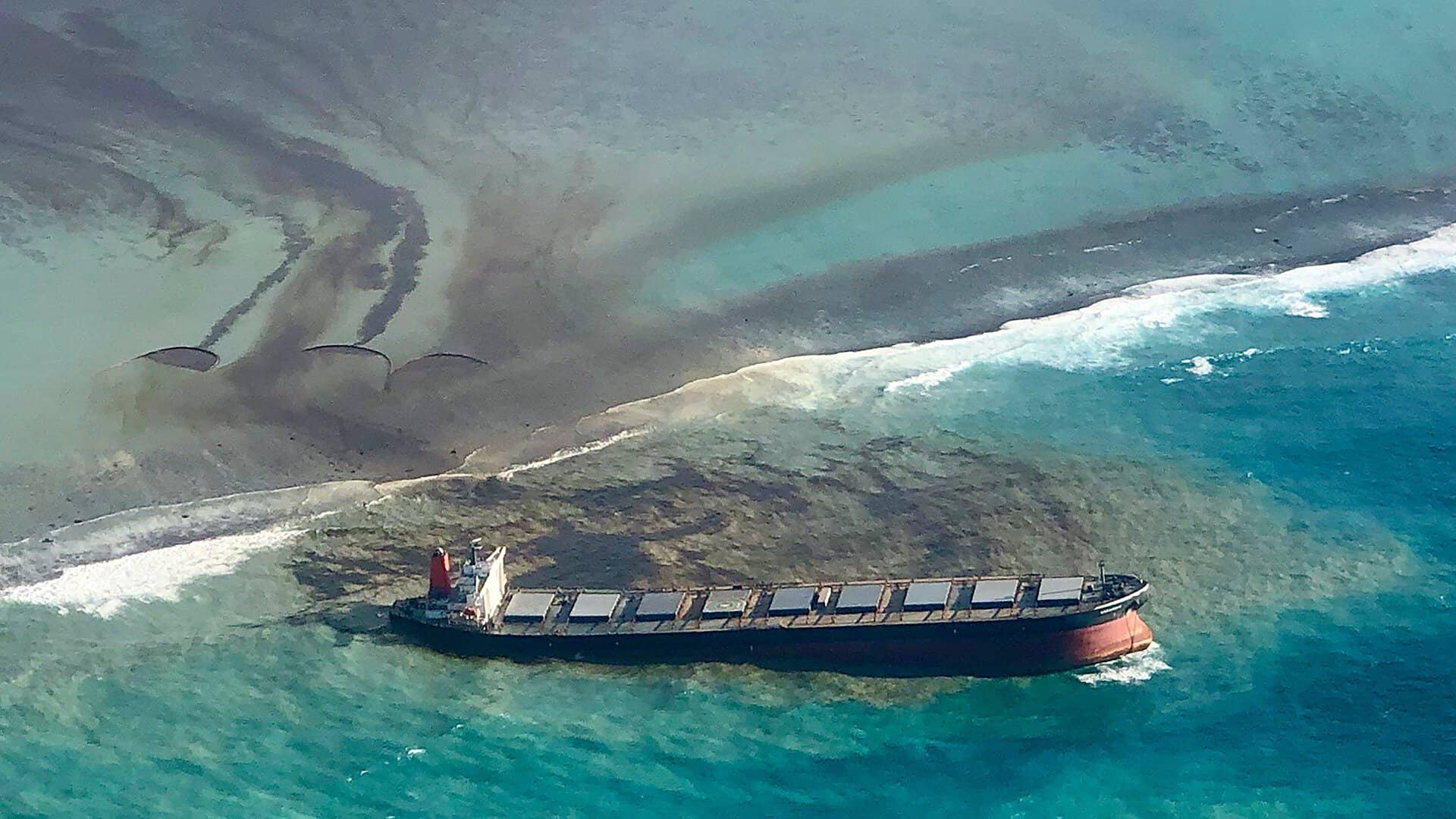Solomon Islands Government has established a Pollution Fund to deal with maritime oil spills in the country.
Supervising Minister of Environment, Climate Change and Disaster Management and Meteorology, Rexon Annex Ramofafia, confirmed this when he opened the four days’ work workshop on Tuesday last week.
The workshop focussed on ‘Strengthening Marine Pollution Incidence Resilience in the Pacific Islands’.
The Government has created the initiative as the country struggles with pollution both oil and unexploded ordinances arising from the second World War 11.
In 2019, more than 300 tonnes of heavy fuel oil have leaked into the waters of Kangava Bay from the damaged hull of a bulk carrier after it ran aground on Rennell Island in rough seas.
ABC reported the bulk carrier MV Solomon Trader had been attempting to load bauxite from a nearby mine on the island.
A leaked report to ABC said the grounding caused the direct loss of more than 10,000 square metres of reef and more than 4,000 square metres of lagoon habitat.
Almost 30,000 additional square metres of lagoon habitat was exposed to heavy fuel oil in the weeks following the spill.
Minister Ramofafia said the Solomon Islands through the leadership of Maritime Authority and support from MECDM and Ministry Infrastructure Development, a Pollution Fund is now operational.
He said both domestic and foreign ships are levied US$3 per overall length of vessel and fuel importers are levied at SBD$2 cents per litre of fuel imported.
In addition, a National Oil Spill Contingency Plan in place sets the contingency planning and coordinating arrangements for dealing with marine oil spills.
The workshop was funded by the Ocean Country Partnership Programme (OCPP), an official development assistance (ODA) programme under the UK’s Blue Planet Fund, in collaboration with the Secretariat of the Pacific Regional Environment Programme (SPREP).
The objective is to bring together key stakeholders to enhance local and regional collaboration, communication and strengthen environmental response capabilities for marine pollution emergency incidents in the Pacific.
Minister Ramofafia said the legislative basis for the workshop is anchored in several laws including the Environment Act 1998, Shipping Act 1998, National Disaster Council Act 1989 and Solomon Islands Maritime Authority Act 2018.
This is in addition to relevant regional and international agreements including the eight international conventions and protocols recently acceded to and connected with maritime pollution.
The workshop also supported the translation and implementation of the Government of National Unity and Transformation Policy 8.3.4 (a)1, the Solomon Islands National Ocean Policy and the Ocean 12 Tulagi Declaration last month, and the National Waste Management and Pollution Control Strategy. Delegates from Solomon Islands, Vanuatu, Fiji, Kiribati, Australia, Samoa and the United States attended the four-day workshop.
